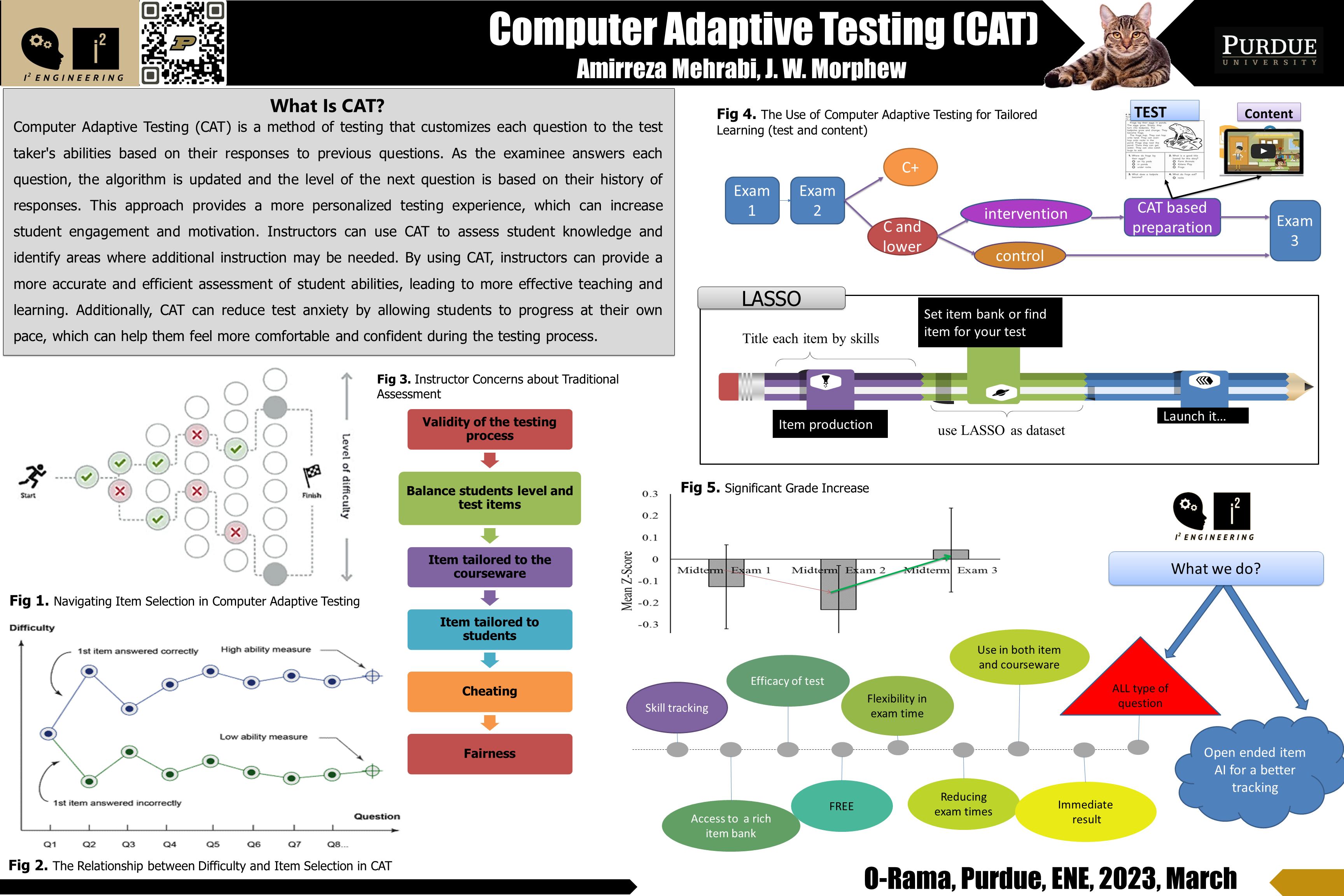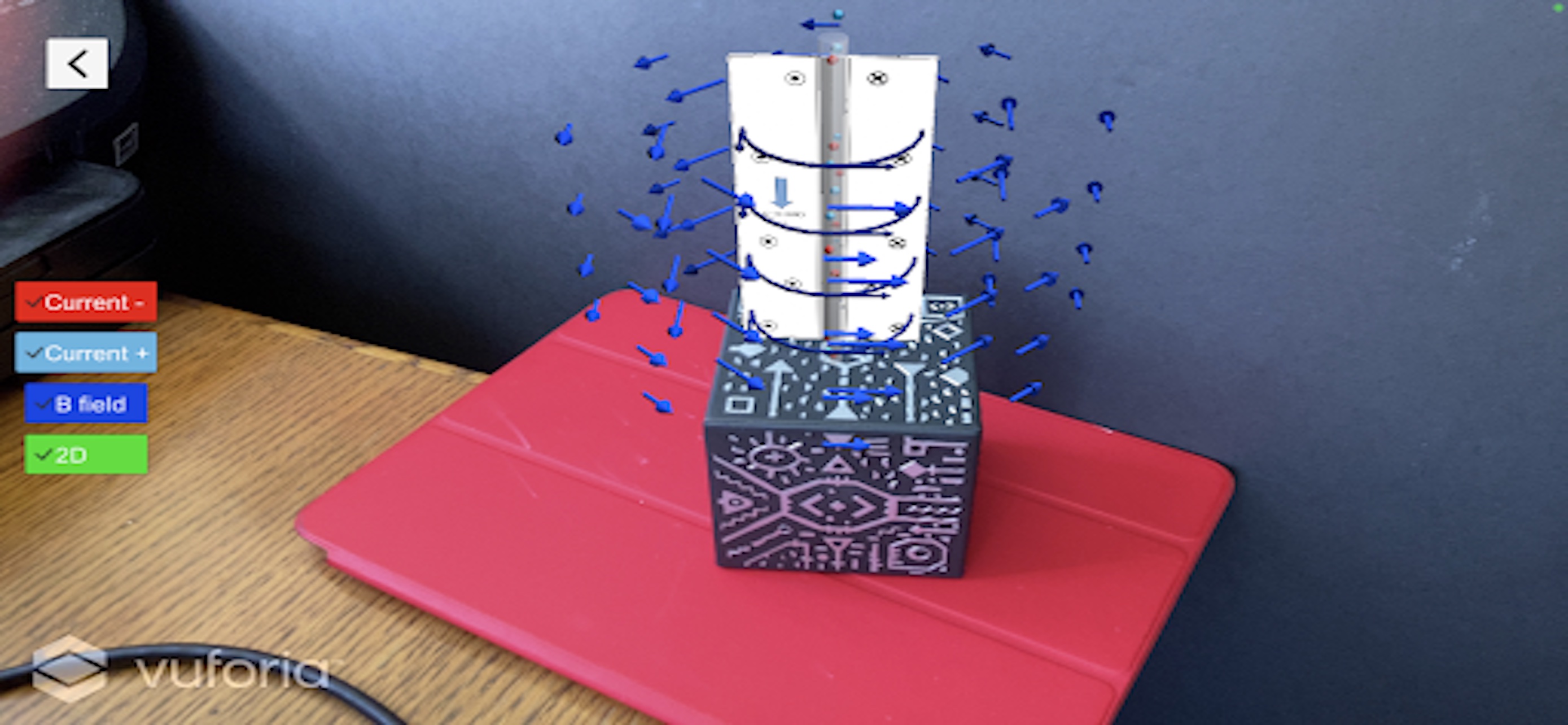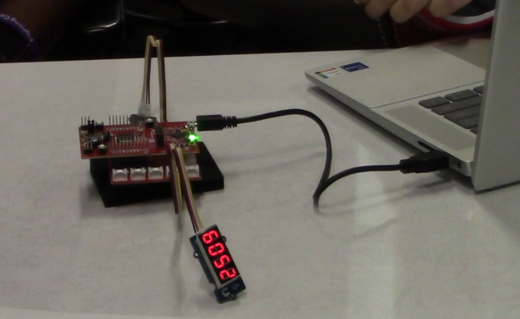Research Projects
ACTIVE RESEARCH PROJECTS
Cueing Gestures within Digital Video Learning Environments
The primary goal of this project is to evaluate the impact of digital video learning environments (DVLEs) that incorporate instructional gestures and cue students to perform gestures during instruction for key concepts in statistics and can be delivered through existing technology that students have access to and experience using (laptops, tablets, and phones). By experimentally testing variations in the degree to which the DVLE shows and cues gesture, we aim to determine the features of gesture that effectively scaffold student learning and enhance transfer during online instruction. The long-term goal of the project is to inform the design and development of educational technologies that support STEM instruction in flipped, online, and self-regulated learning environments.
This project is a collaborative effort between School of Engineering Education at Purdue University and College of Education at the University of Illinois Urbana-Champaign. The project is funded by a grant from the National Science Foundation. Award Number: DUE 2400568

ENERGETICS - EngiNeERinG dEsign inTegrated with scientific Inquiry and Computer Science
This project examines the impact of incorporating microcontrollers and 3D printing into introductory engineering courses. In addition to the technological tools, students will be introduced to scientific inquiry, principles of measurement, and programming. This project also examines how microelectronics integrated curriculum impacts student interest, motivation, readiness for computer science, and transformative experiences.
This project is funded by a grant from the Office of the Provost at Purdue University and the Department of Defense Contract No. W52P1J-22-9-3009
i3RAT: Individualizing Instruction and Improving Research using Adaptive Testing
The project aims to build a free, online computer adaptive testing platform to provide STEM instructors with formative feedback about the skills and knowledge their students are developing throughout a course. The online adaptive testing platform is hosted at the Learning About STEM Student Outcomes (LASSO) platform. In addition to adaptive testing, this project will employ cognitive diagnostic modeling to provide feedback on students’ specific skill mastery before, during, or after instruction. Instructors will receive course-level and individual student-level reports. This will assist instructors in evaluating the general effectiveness of their course in the context of similar courses, identifying skills that require additional instruction and identifying students who need further support. Beginning introductory mechanics topics in physics, this work will establish the cyberinfrastructure to build modular tests for other courses and disciplines.
This project is a collaborative effort between Purdue University, Iowa State Uniersity, and Nissen Education Reseach and Design. The project is funded by grants from the National Science Foundation. Award Numbers: DUE 2142317 and RCN 2322015


eMARVLS: Engineering-based Manipulable Augmented Reality Visualizations to Learn Spatially
The project aims to build free augmented reality (AR) platforms to teach complex and abstract science and engineering content. The AR platofrms are currently available through the Apple store or Google Play for free (link here) and is used with a cube that is available for free (link here) or can be purchased online (link here). The use of the AR visualizations that are maniupulable through the cube aims to help students learn abstract and complex scientific and engineering concepts by drawing on embodied learning design principles. In addition to enhanced conceptual understanding, this project aims to develop spatial reasoning skills such as represenational fluency and spatial rotation, that are critical for the succes of students enrolled in STEM courses and majors. This project is exmaining learning outcomes, transfer, engagement, and STEM retention.
This project is a collaborative effort between School of Engineering Education at Purdue University, the Department of Physics at Siena College, and Excelsior University.

FUTURE RESEARCH PROJECTS

PAST RESEARCH PROJECTS
Integrating Introductory Physics Labs with Engineering Design and Computer Science
This project has developed and implemented physics laboratories that integrate engineering design and computer science in the laboratory experiences of the calculus-based physics course for future engineers and scientists. In the revised physics laboratory experience, students apply their physics knowledge to solve authentic design challenges, and program computer simulations to demonstrate the impact of physics principles on their designs. Results show that students learn the same amount of physics as traditional physics labs, however, there is increased evidence of the ability for students to transfer their learning to authentic problems. In addition, student interest and relevance are greatly increased in the revised physics labs.
This project is a collaborative effort between the School of Engineering Education and the Department of Physics at Purdue University. This project was funded by a grant from the National Science Foundation. Award Number: DUE 2021389

Investigating Self-Regulated Learning in Preparing for Exams in Introductory Science Courses
Exam preparation in introductory science courses is self-regulated. Practice testing has been shown to produce better learning then other strategies. However, many students do not use practice tests effectively when studying. This project first examines how students typically prepare for exams in introductory science courses. In addition, this project evaluates interventions targeted to improving self-regulated learning for students who are preparing for science exams. Preliminary findings suggest that explicit metacognitive instruction may be needed to prevent failure on initial exams in introductory science courses.
This project is a collaborative effort between School of Engineering Education at Purdue University and Department of Physcics at the University of Illinois Urbana-Champaign. This project was funded by a grant from the National Science Foundation. Award Number: DUE 2021099

Calculus Ready? How Math Beliefs Influence Decision- Making among Engineering Students
This project examines



